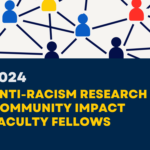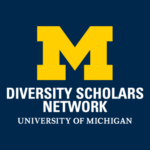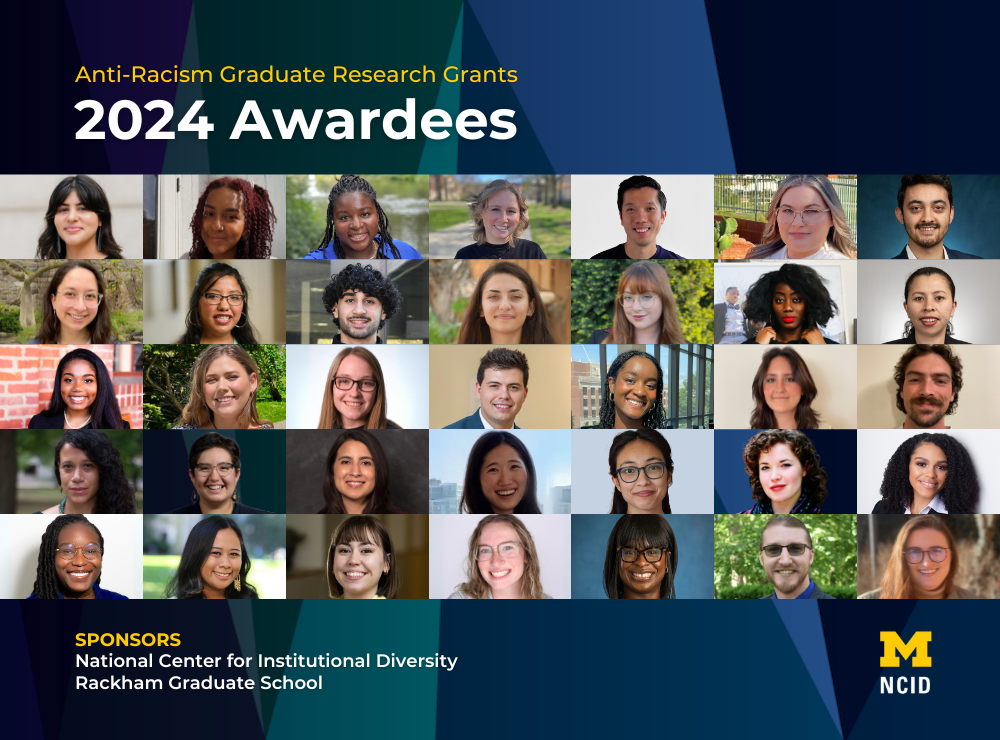The Anti-Racism Collaborative, a provost-funded initiative of the National Center for Institutional Diversity (NCID), has awarded 19 summer research grants, totaling more than $94,000, to individuals and teams comprised of University of Michigan (U-M) graduate students.
“The ARC graduate research grants are an important way that we fulfill our mission of building intergenerational networks of scholars.” says Elizabeth R. Cole, NCID director and University Diversity and Social Transformation Professor of Psychology and Women's and Gender Studies. “Because emerging scholars are leading some of the most innovative, forward-thinking research about racial justice, they bring vitality to the conversations within the NCID’s scholarly community.”
Along with the NCID, the student-focused grant initiative is co-sponsored by the Rackham Graduate School and aims to support research projects focused on racial inequality, racial equity, and racial justice while advancing graduate student progress toward degree. Additionally, the program provides ongoing professional development and support to the grantees.
"Supporting the research of these outstanding students will not only generate the valuable outcomes of their projects, but also contribute to their success and growth in graduate school and beyond,” says Rackham Dean Mike Solomon.
Grant recipients include master's and doctoral students from a wide range of fields and disciplines, such as information science, Anthropology, environmental justice, chemistry, and education.
"Aside from reflecting high scholarly rigor and innovation, our grant recipients are pursuing research that offers clear and compelling visions of how to address inequality and racial justice.” says Alford Young Jr., ARC faculty director and University Diversity and Social Transformation Professor of Sociology, Afroamerican and African Studies, and Public Policy. “This work exemplifies a true balance of advancing scholarly inquiry while informing about societal impact."
The NCID and Rackham will host opportunities for the campus and broader communities to engage with award recipients and learn more about their research during the 2024–2025 academic year.



